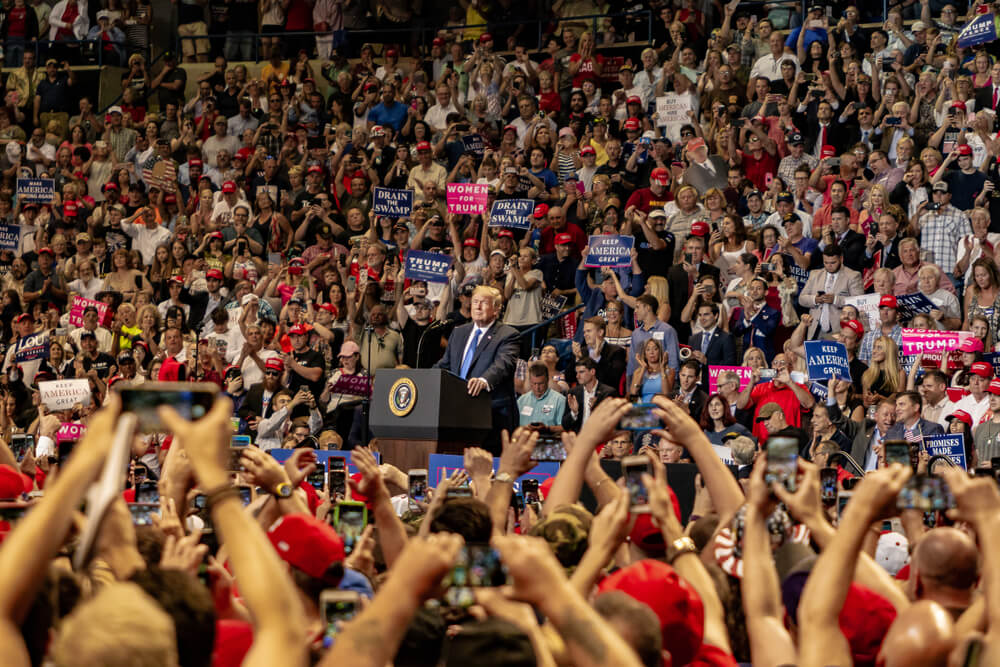In 2025, 72% of the world’s population—5.8 billion people—live under autocratic regimes, a sharp rise from 49% two decades ago.
According to the Democracy Report 2025, 45 countries are undergoing democratic backsliding, down from a peak of 48 in 2021. 3.1 billion people still face governments that actively erode freedoms, suppress rights and neglect basic needs to preserve power and profit.
Ukraine is among the 45 nations defined as sliding towards autocracy, driven by Russia’s growing pressure and regional influence.
Autocracies, whether through overt force or subtle manipulation, undermine decades of democratic progress and billions in investments.
While democracies pursue long-term stability through deliberate reforms, Russia employs disruptive tactics, such as vote-buying.
In recent schemes in Moldova, Russia-backed groups offered as little as €10 (1,000 rubles) per vote in an attempt to sway 300,000 votes—roughly 10% of Moldova’s electorate or 20% of actual voters—at a fraction of the cost of true democratic engagement. The question remains: can democracy evolve to counter these relentless attacks?
Authoritarian leaders are forging alliances
In a few days, Russia will host leaders to celebrate what they call their Victory Day. Chinese President Xi Jinping will pay a four-day visit to Russia to discuss “further development of relations through comprehensive partnership and strategic interaction” and “issues on the international and regional agenda.”
Will Chinese soldiers participate in the military parade alongside Russian troops, as observed during the initial rehearsal?
A major Chinese broadcaster reported that soldiers from Kazakhstan, Vietnam and nine other countries were also present.
Authoritarian leaders are forging alliances, whereas democracies are outdated
All indicators suggest that authoritarian leaders are forging alliances, whereas democracies are outdated, slow to adapt, and fragmented in their decision-making processes.
This raises a critical question: are autocracies gaining ground because their leaders exploit an innate human desire for control and dominance? Or have democracies failed to present a more convincing solution?
Democracies are increasingly vulnerable
Strengthening civil society, protecting institutional independence and upholding democratic principles remain essential. Yet democracies are increasingly vulnerable to emerging challenges: the pervasive populism that permeates not only politics but also expert and media domains, and most importantly, the growing disconnect of ordinary citizens.
Individuals are either swayed by populist rhetoric or unable to find solutions to their grievances within the established democratic framework.
Autocratic regimes have adeptly weaponised these vulnerabilities, even leveraging democratic mechanisms to deeply penetrate democratic societies.
They orchestrate paid protests, create and fund sympathetic NGOs, manipulate media narratives, and feign institutional independence by installing loyalists in courts, law enforcement, and regulatory bodies.
In recent years, Western democracies have reacted to corruption and conflicts by introducing stricter regulations
In recent years, Western democracies have reacted to corruption and conflicts by introducing stricter regulations and, in particular, by tightening controls on the free movement of money in the financial system.
These measures frequently burden the middle class, while wealthy elites from autocratic regimes adeptly circumvent or evade them.
Sanctions have targeted Russian oligarchs, yet many now hold passports from Baltic or Balkan nations, including those publicly critical of Moscow.
Yet, in Spain’s overheated housing market, local residents struggle to afford homes, while corrupt elites from post-Soviet states still own and buy luxury villas or yachts through relatives or proxies.
A “new generation” of democratic values
Across Western democracies, many millennials face diminishing opportunities to own property. For many, the system feels fundamentally broken, with basic needs—healthcare, education, and food—becoming increasingly unattainable.
Politicians continue to deliver speeches about a “new generation” of democratic values, but these words more often than not fail to translate into real solutions for real people.
 Donald Trump secured the popular vote by channelling widespread frustrations
Donald Trump secured the popular vote by channelling widespread frustrations
Criticism of Donald Trump permeates every corner of media discourse. Yet, the 2024 presidential election was neither bought, as in Moldova, nor marred by fraud. Trump secured the popular vote by channelling widespread frustrations.
Criticism alone cannot address the underlying questions. Confronting those frustrations is the true root of the issue. As the world grapples with rising populism, perhaps it’s time to tackle the conditions that fuel its growth.
Democracies, wrestling with these complexities, adopt contradictory stances. While condemning authoritarian regimes, they stock their shelves with Chinese goods, warmly welcome cheap energy from non-democracies, and turn a blind eye to the sharp increase in their own exports to Central Asia following the 2022 sanctions against Russia.
Battle against populism and autocratic regimes
In their battle against populism and autocratic regimes, have democracies begun adopting the very tools they oppose? How can we navigate this intricate landscape? Should we impose stricter regulations to target oligarchs or streamline rules to ease burdens on the poor and middle class?
Might we consider engaging selectively with autocracies, or should we choose to reject them entirely? Is banning right-wing radical parties and media that spread harmful propaganda consistent with democratic principles, or does it mirror autocratic tactics?
The statistics are alarming: only 6% of the world’s population, or approximately 452 million people, reside in nations pursuing democracy
Each question presents a multifaceted dilemma. Today’s world defies simple binaries: dictators adopt democratic facades, while democracies employ authoritarian methods to counter them. The boundaries are increasingly indistinct.
For those committed to human rights and dignity, these challenges remain profound, complex, and unresolved.
The statistics are alarming: only 6% of the world’s population, or approximately 452 million people, reside in nations pursuing democracy, such as Brazil, Poland, and Thailand.
However, Brazilian President Luiz Inácio Lula da Silva has pledged his nation’s presence at the Victory Day parade in Russia, which is a bitter twist.